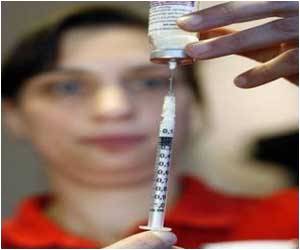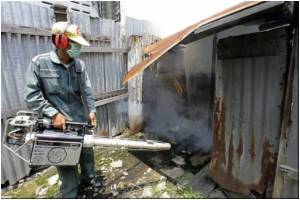
"Most rare diseases affect children and most of them are devastating genetic disorders resulting in greatly reduced quality of life and premature death," said the EU commissioner for research and innovation Maire Geoghegan-Quinn.
"We hope that these new research projects will bring patients, their families and health professionals closer to a cure and support them in their daily battle with disease."
Among the different projects are a new "bioartificial" liver support system to treat acute liver failure, powerful data processing to develop novel diagnostic tools, biomarkers and screening strategies for therapeutic agents against rare kidney diseases, and the clinical development of a drug to treat alkaptonuria, a genetic disorder which leads to a severe and early-onset form of arthritis, heart disease and disability for which there is currently no effective treatment.
Many of the new projects will contribute to the International Rare Diseases Research Consortium (IRDiRC), the biggest collective rare diseases research effort world-wide.
A disease is defined as rare in Europe when it affects not more than 1 in every 2,000 people.
Advertisement
Most rare diseases have genetic origins whilst others are the result of infections, allergies and environmental causes. They are usually chronically debilitating or even life-threatening.
Advertisement










